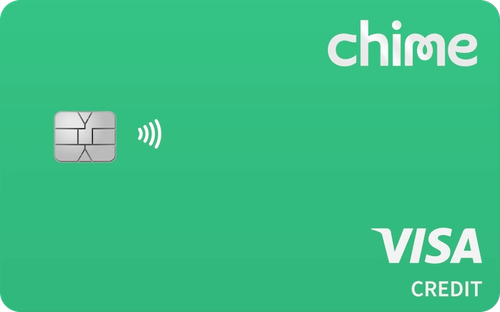Smart Spending: How to Use Your Credit Card Without Overspending
Learn how to use your credit card wisely. Discover smart spending tips to avoid debt, protect your credit score.
Using Your Credit Card Wisely During the Holiday Season

Credit cards can be powerful financial tools when used wisely, but they can also lead to unnecessary debt if you’re not careful.
In the United States, where the average household carries thousands of dollars in credit card balances, mastering the art of smart spending can protect your finances and even help you build a stronger credit score.
Let’s explore practical strategies to make your card work for you, not against you.
1. Understand Your Credit Card, Don’t Just Swipe It
Before using your card, take the time to understand its terms. Many Americans skip the fine print, missing key details such as:
- APR (Annual Percentage Rate): The interest rate you’ll pay if you carry a balance;
- Grace period: The time between your statement date and payment due date, during which no interest is charged;
- Rewards structure: Some cards offer cash back, points, or travel miles, but only if used responsibly.
Knowing exactly how your card works gives you a strategic edge. For instance, if you have a 0% intro APR offer for 12 months, you can make larger purchases and pay them off gradually without paying interest, just make sure to clear the balance before the promotion ends.
2. Track Your Spending in Real Time
With digital banking apps and instant notifications, there’s no excuse for losing track of your credit card usage. Most issuers provide real-time spending updates, budgeting tools, and category breakdowns.
Try these habits:
- Check your balance weekly. This helps you see how much of your credit limit you’ve used;
- Set up spending alerts. Get notified when a purchase exceeds a set amount or when you reach 80% of your limit;
- Use a budgeting app. Tools like Mint, YNAB, or your bank’s native app can sync your credit cards and help you visualize spending patterns.
Seeing your expenses in real time helps you make smarter decisions before you hit “checkout.”
3. Follow the 30% Rule to Protect Your Credit Score
A common guideline in the U.S. is to keep your credit utilization ratio, the amount of credit you use compared to your total limit.
This matters because your utilization ratio is one of the biggest factors in your. Lower utilization signals to lenders that you’re financially responsible, which can translate into better loan rates and higher credit limits in the future.
4. Pay Your Balance in Full
Interest is the biggest enemy of smart spending. If you only make the minimum payment, you’ll end up paying far more for your purchases over time.
Let’s say you spend $1,000 on your card with an 18% APR and pay only the minimum each month, it could take over five years to pay it off, and you’ll spend hundreds in interest.
If you can, always pay your statement balance in full each month. It’s the simplest way to enjoy the benefits of credit cards (like rewards and fraud protection) without the cost of debt.
5. Use Rewards Strategically—Not Emotionally
Rewards programs are great, but they can tempt you to overspend. Getting “5% cash back” is meaningless if you buy things you don’t need.
Instead, align your spending with your existing lifestyle. For instance:
- Use a cash-back card for everyday purchases like groceries or gas;
- Use a travel card only if you already travel frequently enough to redeem the rewards;
- Avoid signing up for multiple rewards cards unless you can manage them responsibly.
The key: never spend more just to earn points.
6. Automate Payments and Set Limits
Avoid late fees and credit score damage by automating your payments. You can:
- Set auto-pay for the full balance or at least the minimum amount;
- Schedule reminders for due dates if you prefer manual payments.
Additionally, some cards let you set spending caps per transaction or category, perfect for preventing impulse buys.
Final Thoughts
Using a credit card smartly isn’t about avoiding it altogether, it’s about using it strategically.
When you understand your terms, track your spending, and pay off your balance regularly, your credit card becomes an ally for financial growth rather than a source of stress.
Smart spending is about control, awareness, and intention. With these habits, you’ll build a healthier relationship with money, and a stronger credit profile for the future.




